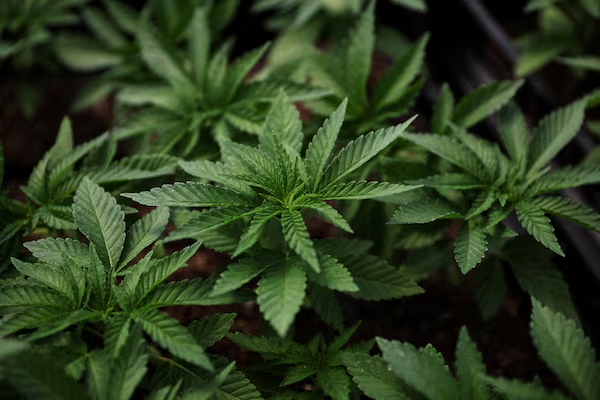Search This Blog
money saving tips for canadians, best saving tips for canadians of all ages. MoneySavings and Canadian news, financial news
Featured
article
- Get link
- X
- Other Apps
Justice Department Proposes Reclassifying Marijuana as Less Dangerous Drug

In a groundbreaking move, the U.S. Justice Department has formally proposed reclassifying marijuana as a less dangerous drug. This historic shift in drug policy recognizes the medical uses of cannabis and acknowledges that it has less potential for abuse than some of the nation’s most dangerous drugs.
The proposed rule, approved by Attorney General Merrick Garland, does not legalize marijuana outright for recreational use. Instead, it moves marijuana from its current classification as a Schedule I drug (alongside heroin and LSD) to Schedule III (alongside ketamine and some anabolic steroids). This change comes after a recommendation from the federal Health and Human Services Department, which reviewed the drug’s status at the urging of President Joe Biden in 2022.
While this move doesn’t fully decriminalize marijuana, it represents a significant step toward reversing longstanding inequities. President Biden himself has been vocal about addressing the impact of marijuana-related convictions, and this reclassification could help boost his support, especially among younger voters.
The notice of proposed rulemaking submitted to the federal register initiates a 60-day comment period, followed by a potential review from an administrative judge. If implemented, this reclassification could signal a tectonic shift away from the failed policies of the last 50 years, according to the U.S. Cannabis Council, a trade group.
In summary, the Justice Department’s move to reclassify marijuana acknowledges its medical benefits and aims to correct past injustices. While the road ahead involves further steps, this development represents a significant milestone in U.S. drug policy.
Popular Posts
Stock Market Today: Nasdaq Surges and GameStop Skyrockets
- Get link
- X
- Other Apps
Trump's Six Words: "I'm Going to Stop the Wars"
- Get link
- X
- Other Apps


Comments
Post a Comment